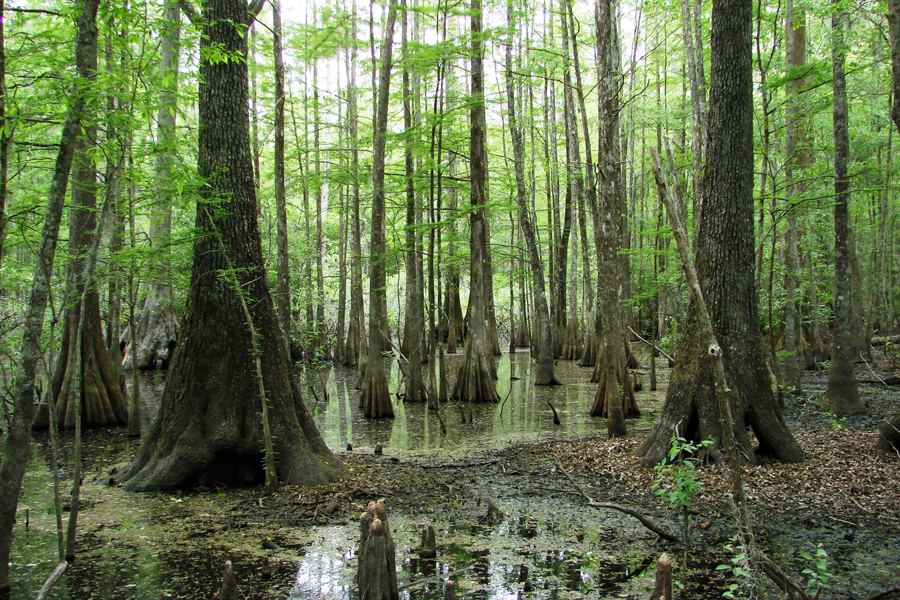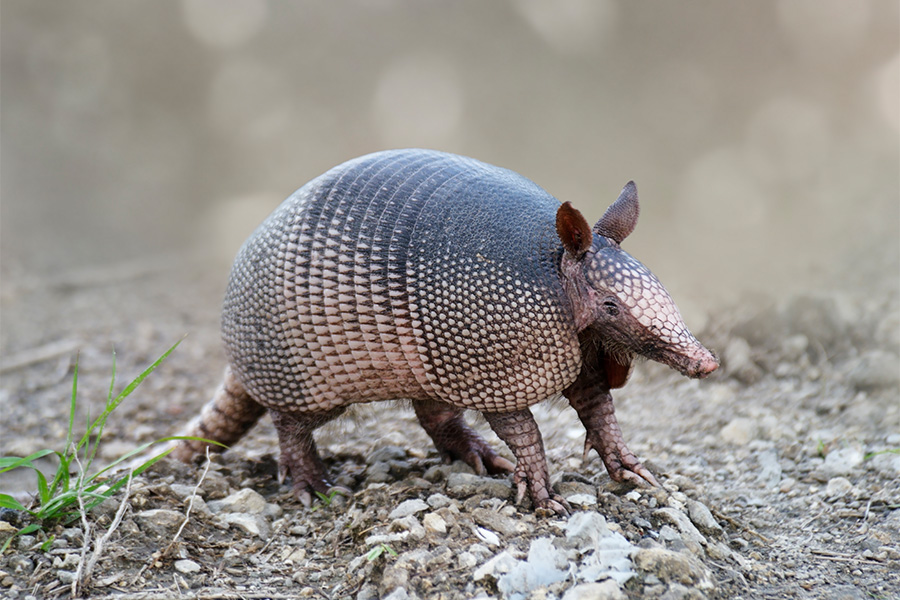Forestry
-

AP 130-1-11
Timber Situation and 2023 Outlook
1. Inflation remains a persistent
challenge.
2. Housing activity is beginning
to moderate.
3. U.S. South softwood lumber
market share is increasing
along with production
capacity. Plentiful
timber supplies and capital
expenditures are positives. Authors of this section are Tyler Reeves and Amanda Lang, Forisk Consulting; and
Joe Parsons and Yanshu Li, Harley Langdale Jr. Center for Forest Business,
Warnell School of Forestry and Natural Resources, University of GeorgiaAmanda R Smith and Yanshi Li
|
-

Many people view wetlands as “wastelands,” having few virtues. But it is now known that wetlands provide many useful services, from improving water quality to providing habitat for important fish and wildlife. These kinds of benefits would be costly to create, so maintaining natural wetlands is good for both the economy and the environment. Many smaller wetlands occur in Georgia farmlands, and many of the values provided by wetlands benefit Georgia farmers. This bulletin highlights the key virtues of wetlands to agriculture, describing how wetlands associated with Georgia farms can contribute to agricultural value.
Darold P Batzer, Ashfaq A. Sial, Jason Schmidt, and Gabriela A Cardona-Rivera
|
-

Accidents are common when felling a tree with a chainsaw. Fortunately, most of them can be prevented. Tips for preventing kickback, barber chair, entanglement, setback, and stump jump are presented in this publication, along with techniques for safely releasing spring poles.
Glen C. Rains, Ellen M. Bauske, and Anne Randle
|
-

This publication discusses general aspects of the copperhead snake.
Michael T. Mengak
|
-

Scientists classify armadillos with anteaters and sloths. They have poorly developed teeth and limited mobility. Armadillos are considered both an exotic species and a pest.
Michael T. Mengak
|